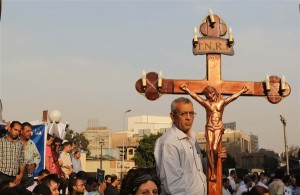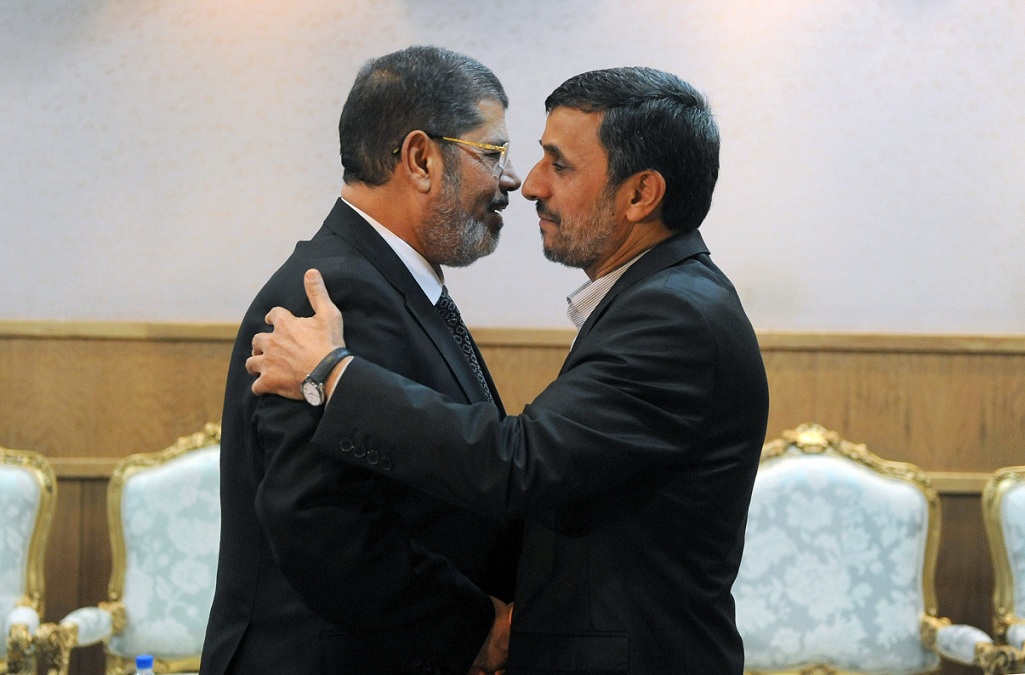
(AFP Photo)
A group of four Egyptian Copts arrested in Libya over a month ago were released on Thursday, the state-owned news agency MENA said citing unnamed church sources on Friday. Issa Ibrahim, Imad Sadik, Adel Shaker and Sherif Ramses were arrested for proselytising alongside Ezzat Hakim Atalla, who had died in prison.
MENA said Sherif Ramses was deported to Cairo and all defendants were released and cleared of all charges.
Tensions have been high between Egypt and Libya over the past few months as incidents of sectarian violence aimed at Christians, most of which are Egyptian, has been on the rise.
Over the past few months hundreds of Egyptians in Libya have been arrested, deported and allegedly tortured. While many face charges related to illegal immigration and visa irregularities, several have also faced charged of proselytising; a crime punishable by death in Libya.
Mina Magdy El-Qess, a Political Bureau member of the Maspero Youth Union, said the release of the four prisoners is largely thanks to the line of communication established between Libyan authorities and the Coptic church. El-Qess said that the government may have facilitated the initial connection ut that they ultimately have had little influence in the release of the prisoners.
“If the line of communications has been established correctly,” EL-Qess said, “then we can expect more Egyptians will be released in the future.” He added that talks between the state and the church, as well as legal considerations, should allow for more Egyptians to be freed in the future.
El-Qess added that many Copts imprisoned in Libya are not held by the government; rather they are in the hands of Salafi militias. These militias, he said, “do not respect the rule of law” making negotiations harder to establish.


